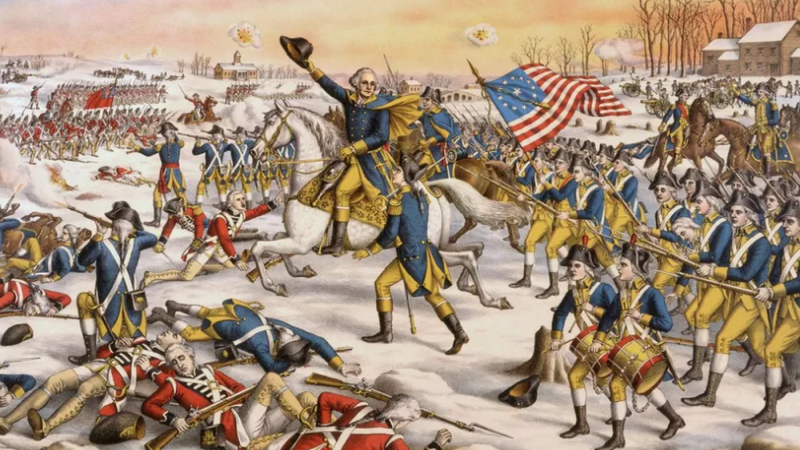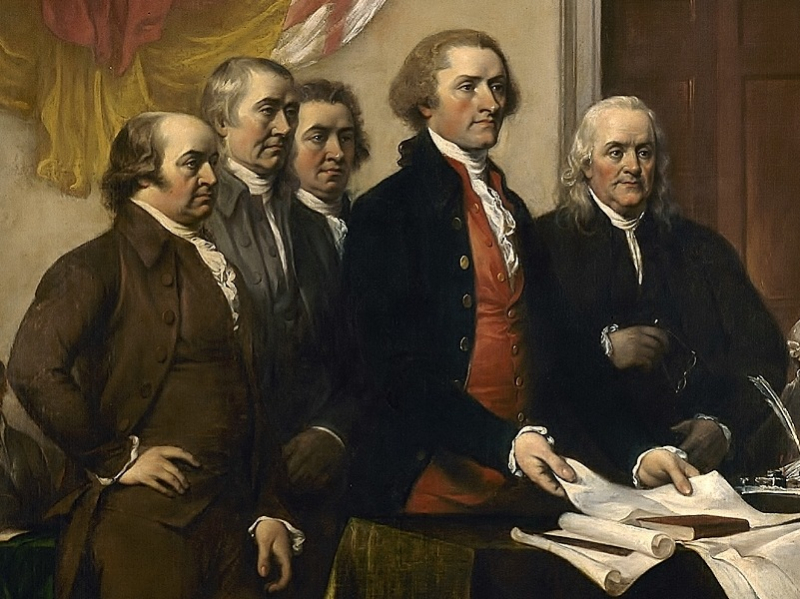Natural Rights
Natural rights are rights that are considered to be universal human rights that are granted by nature or God, not granted by society or government, and thus not to be revoked by society or government. Natural rights, as John Locke explains, greatly influenced this revolution. In America, the Declaration of Independence took a lot from John Locke, most importantly the famous phrase: life, freedom, and happiness. Natural rights are also guaranteed by the Bill of Rights. In France, natural rights were the basis of the Bill of Rights, a document on human rights during the French Revolution. John Locke is one of the most important and influential philosophers in world history. He spends a lot of time writing about philosophy and political thought. The founders of the American Revolution relied heavily on his ideals.
Regarding natural rights, some leaders of the American Revolution were influenced by Enlightenment ideas, which are freedom of speech, equality, freedom of the press, and religious tolerance. American colonists did not have these rights, so they rebelled against Britain to gain independence. In the Declaration of Independence, Thomas Jefferson wrote of Americans' natural rights to "life, liberty, and the pursuit of happiness". These ideas come from the Enlightenment, ideals that led to the American Revolution soon after. The American Revolution must be seen as a war against the colonialists for independence, not only a war of liberation from foreign domination but also a war for freedom. The American Revolution was a movement to fulfill the aspiration to acquire more wealth. Natural rights deserve to become one of the enlightenment ideas that influenced the American revolution.









